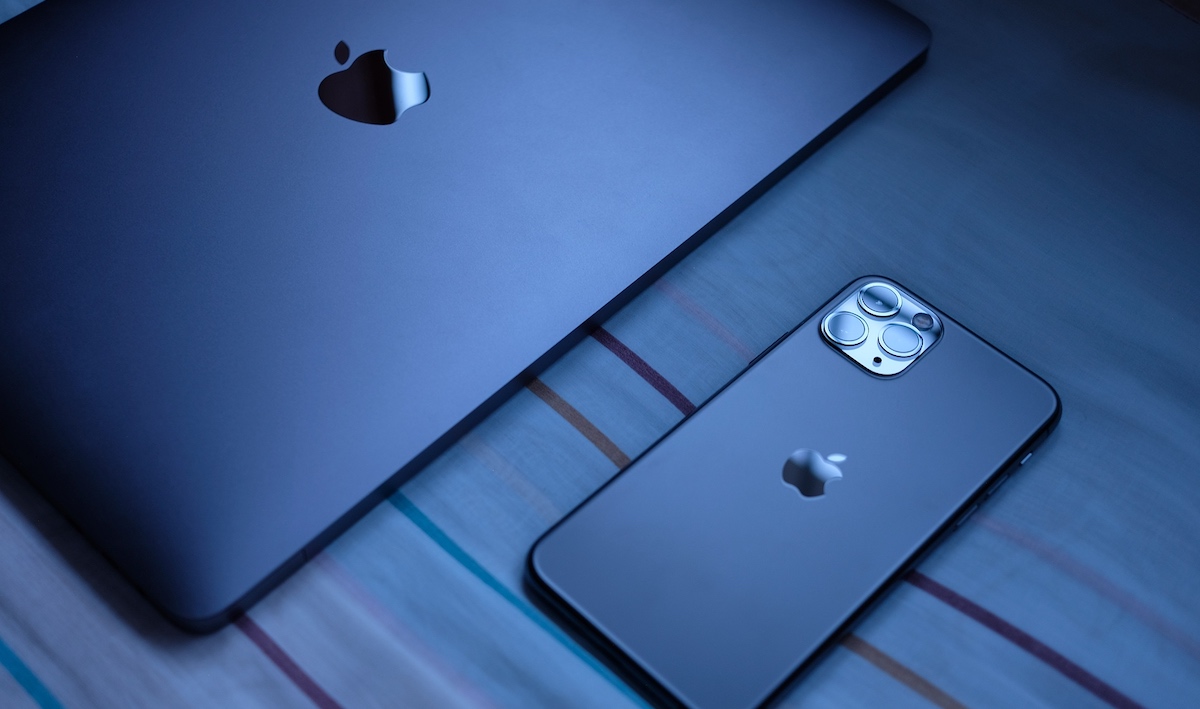Apple announced on Thursday that its latest operating system updates patch three new zero-day vulnerabilities. Based on the previous work of the organizations credited for reporting the flaws, they have likely been exploited by a spyware vendor.
The zero-days are tracked as CVE-2023-41991, which allows a malicious app to bypass signature verification, CVE-2023-41992, a kernel flaw that allows a local attacker to elevate privileges, and CVE-2023-41993, a WebKit bug that can be exploited for arbitrary code execution by luring the targeted user to a malicious webpage.
Apple patched some or all of these vulnerabilities in Safari, iOS and iPadOS (including versions 17 and 16), macOS (including Ventura and Monterey), and watchOS.
It’s worth noting that while each of these operating systems is impacted by the zero-days, Apple said it’s only aware of active exploitation targeting iOS versions before 16.7.
Apple has not shared any information about the attacks exploiting the new vulnerabilities. However, considering that they were reported to the tech giant by researchers at the University of Toronto’s Citizen Lab group and Google’s Threat Analysis Group, they have likely been exploited by a commercial spyware vendor to hack iPhones.
Citizen Lab and Apple recently investigated attacks involving a zero-day identified as CVE-2023-41064. That security hole, part of a zero-click exploit named BlastPass, was used to deliver the NSO Group’s notorious Pegasus spyware to iPhones.
In an attack investigated by Citizen Lab, the spyware was delivered to an employee at an international civil society organization based in Washington DC.
CVE-2023-41064 impacts the WebP image format. The affected library is also used in the Chrome and Firefox web browsers, and Google and Mozilla were also forced to release emergency updates to address the zero-day, which they track as CVE-2023-4863.
Related: Google Links More iOS, Android Zero-Day Exploits to Spyware Vendors
Related: US to Adopt New Restrictions on Using Commercial Spyware
Related: Details Emerge on Israeli Spyware Vendor QuaDream and Its iOS Malware



